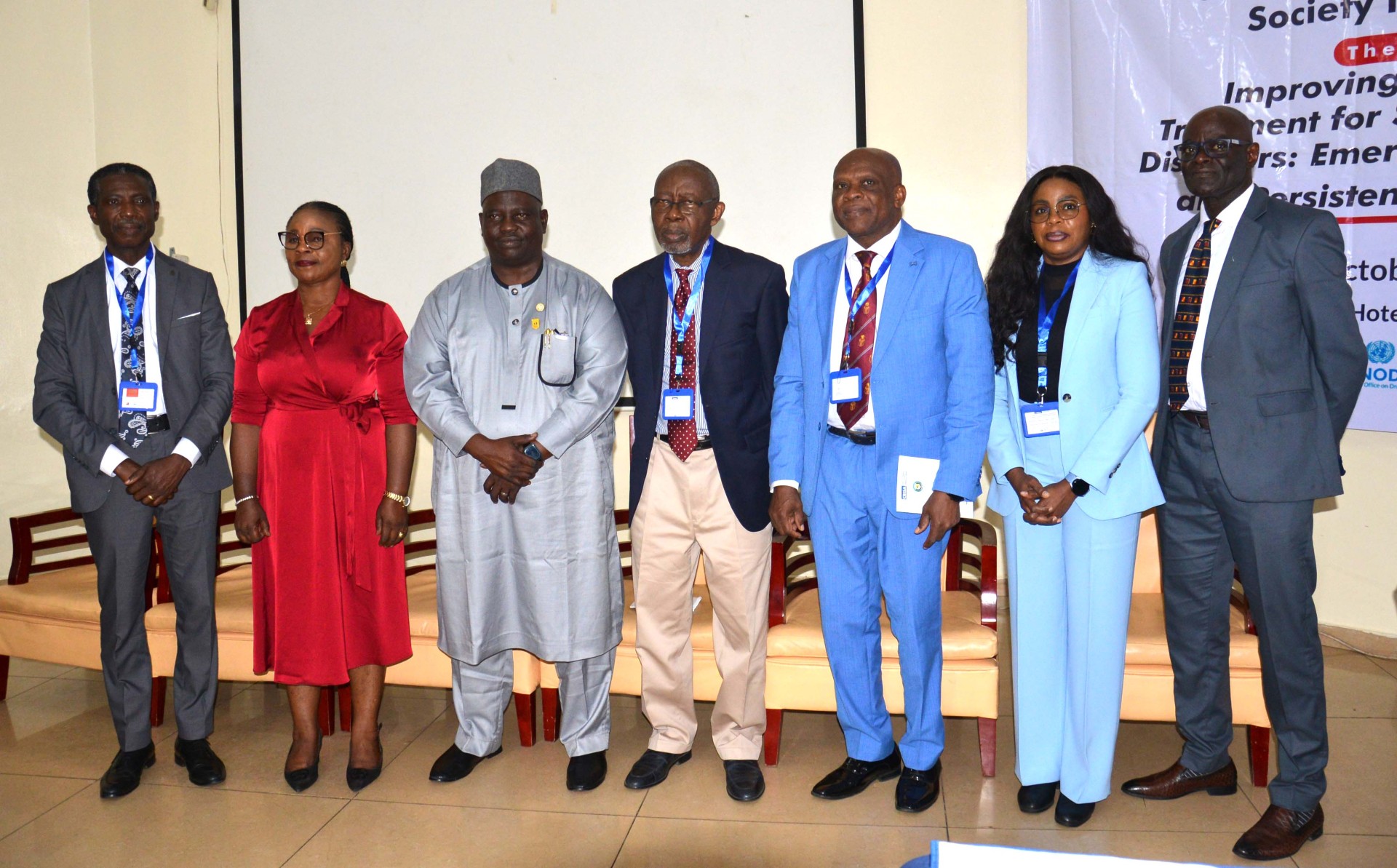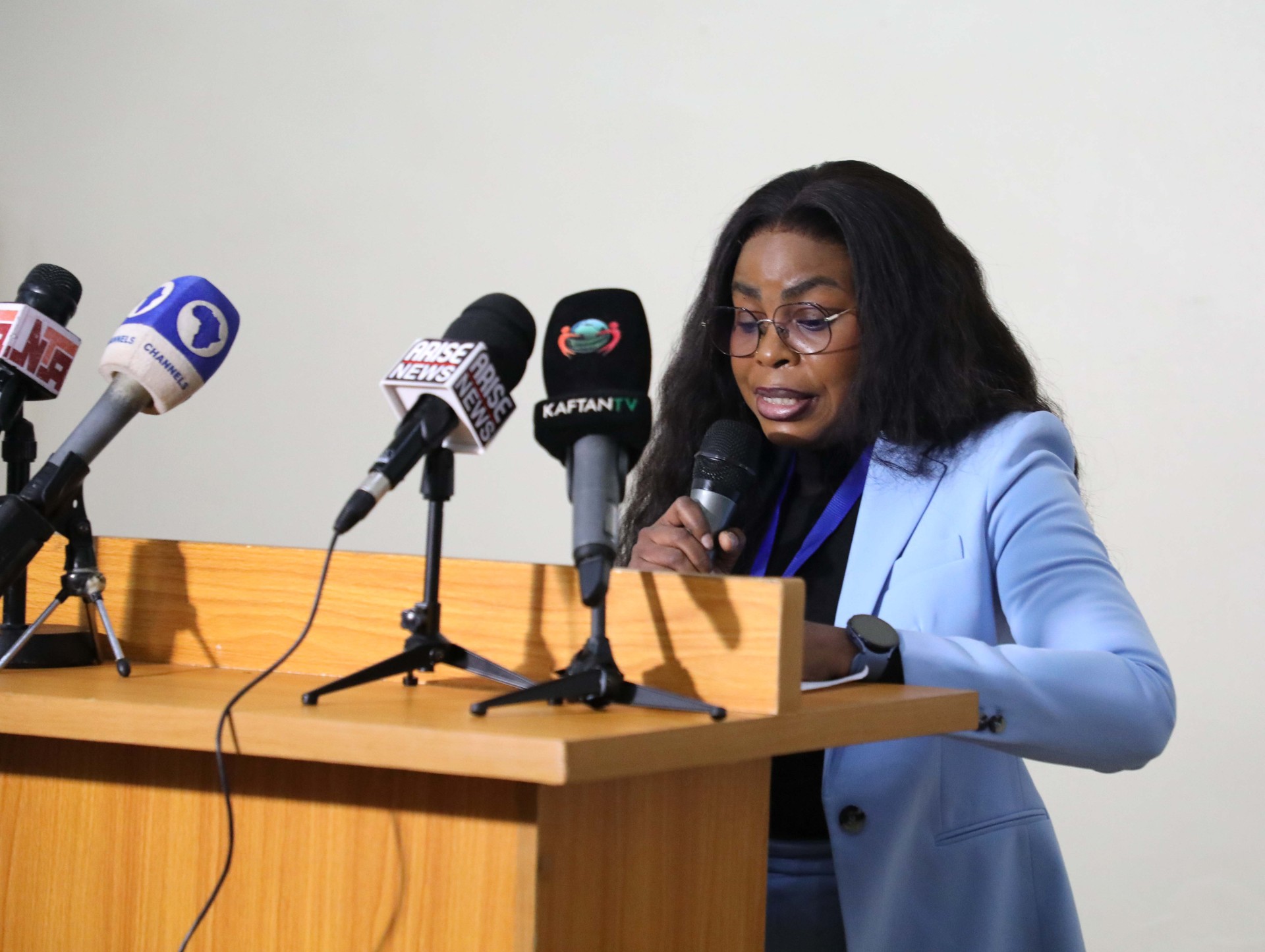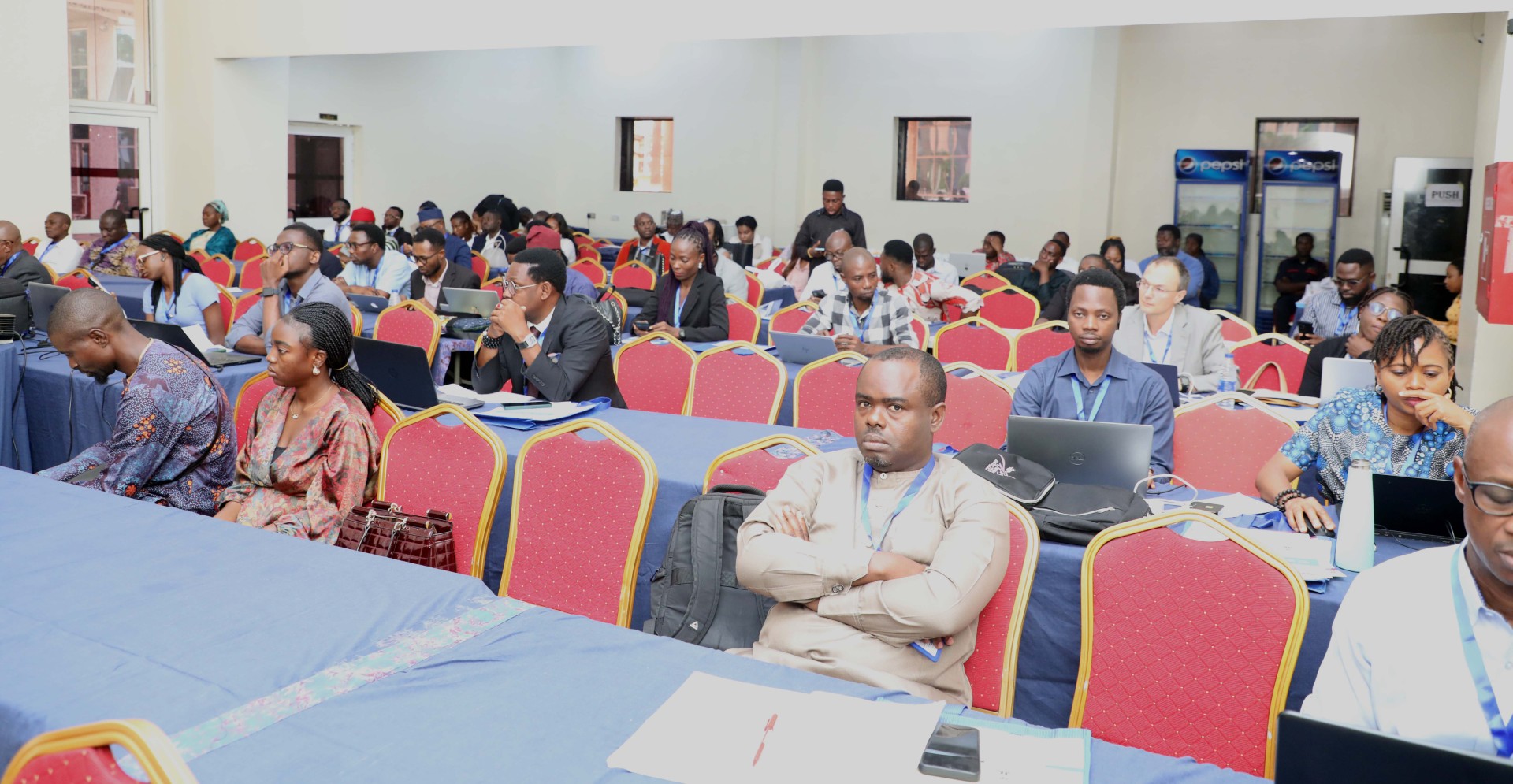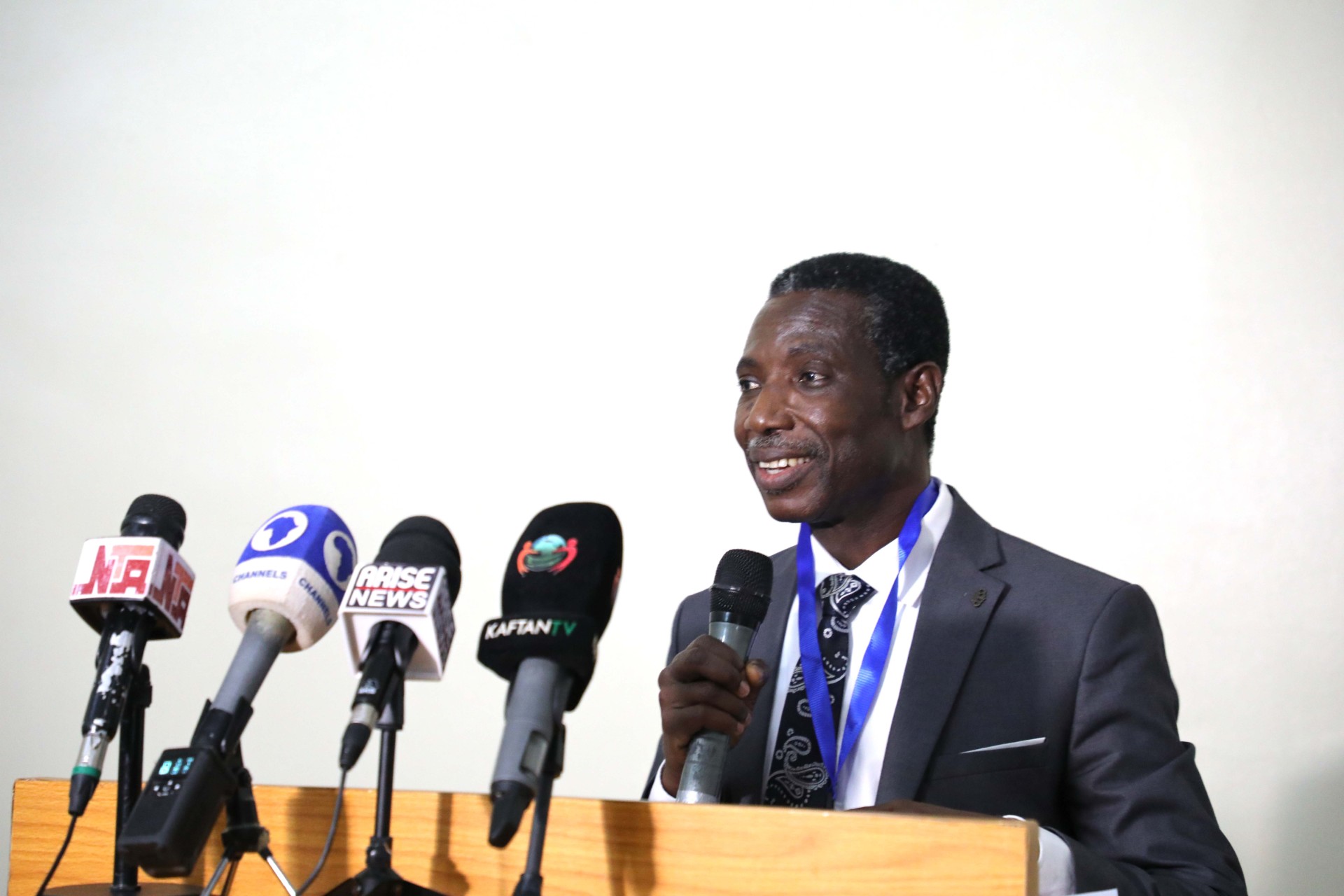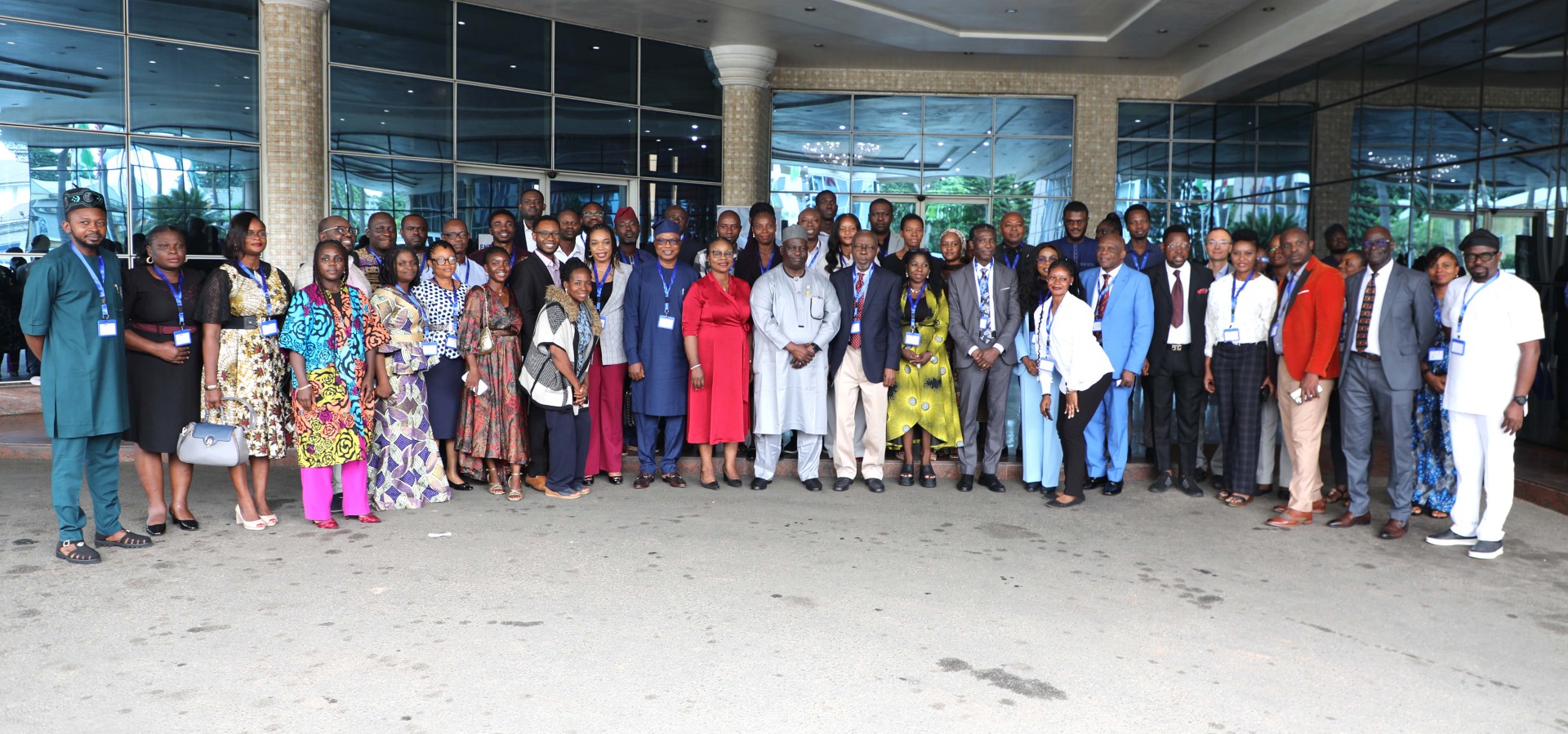ECOWAS-CRISA Biennial Conference Tackles the Drug Addiction Crisis and Explores New Treatment Approaches
11 Oct, 2024The Economic Community of West African States (ECOWAS) has taken decisive action to address the growing crisis of substance abuse in Africa through the 15th Biennial International Conference on Drugs, Alcohol, and Society in Africa, co-organized with the Centre for Research and Information on Substance Abuse (CRISA). Held in Abuja from October 9–10, 2024, the event brought together leading policymakers, researchers, and health professionals to advance strategies for improving access to treatment for substance use disorders (SUDs) and discuss emerging trends in drug addiction across the continent.
Delivering a keynote address, Principal Programme Officer, Drug Prevention and Control Division at ECOWAS, Dr Daniel Amankwaah, on behalf of Prof. Fatou Sarr Sow, ECOWAS Commissioner for Human Development and Social Affairs, outlined the urgent need for regional cooperation in tackling the proliferation of new psychoactive substances, notably ‘Kush.’ He emphasized, “ECOWAS is committed to strengthening its prevention and control frameworks to stem the tide of drug abuse that threatens the socio-economic fabric of our Member States.”
Executive Director of CRISA, Prof. Isidore S. Obot, in his opening remarks, stressed the importance of advancing research-based solutions to the drug crisis, particularly focusing on underserved populations such as women and rural communities. He stated, “The goal of this conference is to share knowledge, drive policy innovation, and enhance collaborative efforts to improve access to treatment for substance use disorders across Africa.”
Representing the United Nations Office on Drugs and Crime (UNODC), Dr. Akanidomo Ibanga, National Project Officer, highlighted the global challenges of drug demand reduction. He underscored UNODC’s role in supporting African governments with technical assistance and capacity building, adding, “Our collaboration with member states is crucial in implementing health-centered approaches to drug control.”
Head of Division, Social Welfare, Drug Control, and Crime Prevention at the African Union Commission (AUC), Dr. Olubusayo Akinola, reiterated the African Union’s commitment to supporting member states in developing robust national drug control strategies. She said, “The AUC will continue working to ensure that every member state has access to the resources and technical support needed to combat the drug menace effectively.”
The conference’s keynote speaker, President of the International Narcotics Control Board (INCB), Professor Jallal Toufiq, provided a comprehensive overview of the global drug control system and the critical role of ensuring access to controlled substances for legitimate medical and scientific purposes. Prof. Toufiq highlighted the INCB’s work in balancing accessibility with the prevention of misuse, stating, “We must ensure that those in need can access vital medications while protecting societies from the harms of drug abuse.”
The workshop, which has featured dynamic plenary sessions and discussions on expanding telehealth services and innovative harm-reduction strategies, will conclude tomorrow, October 10th, 2024, with further sessions focused on practical policy recommendations. These workshops have underscored the need for collaborative efforts in both research and policy to curb the rise of drug abuse across the region.
Closing today’s sessions, Principal Programme Officer, Dr. Daniel Amankwaah reaffirmed ECOWAS’s unwavering commitment to supporting member states in their efforts to improve drug treatment services and curb illicit drug trafficking. He called for urgent action, stating, “The fight against substance abuse requires a united front. ECOWAS will continue to partner with its member states and international organizations to implement effective solutions.”
The next biennial conference will take place in 2026, during which ECOWAS will present a comprehensive progress report on ECOWAS support to drug treatment and rehabilitation centres in Member States.



